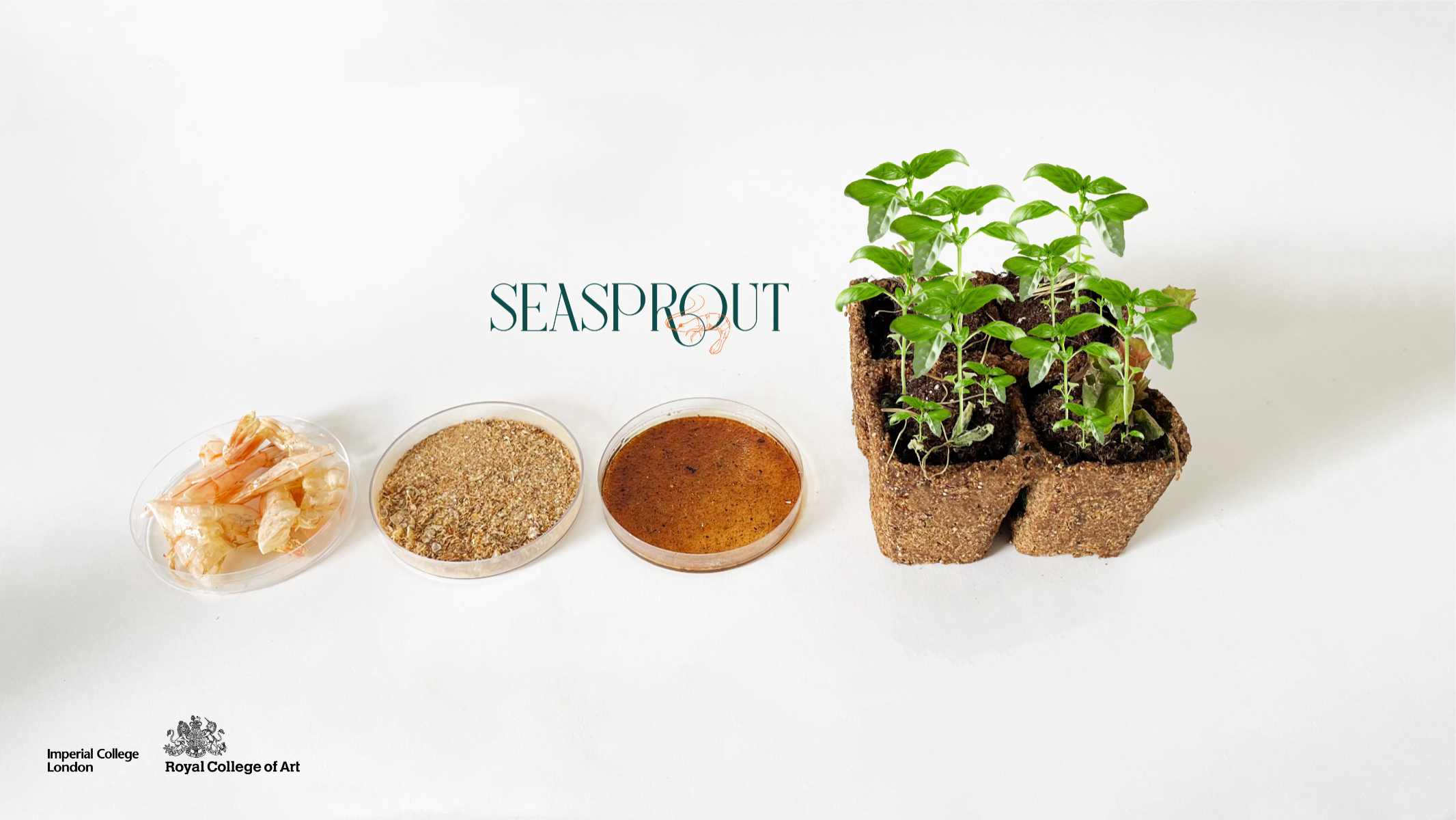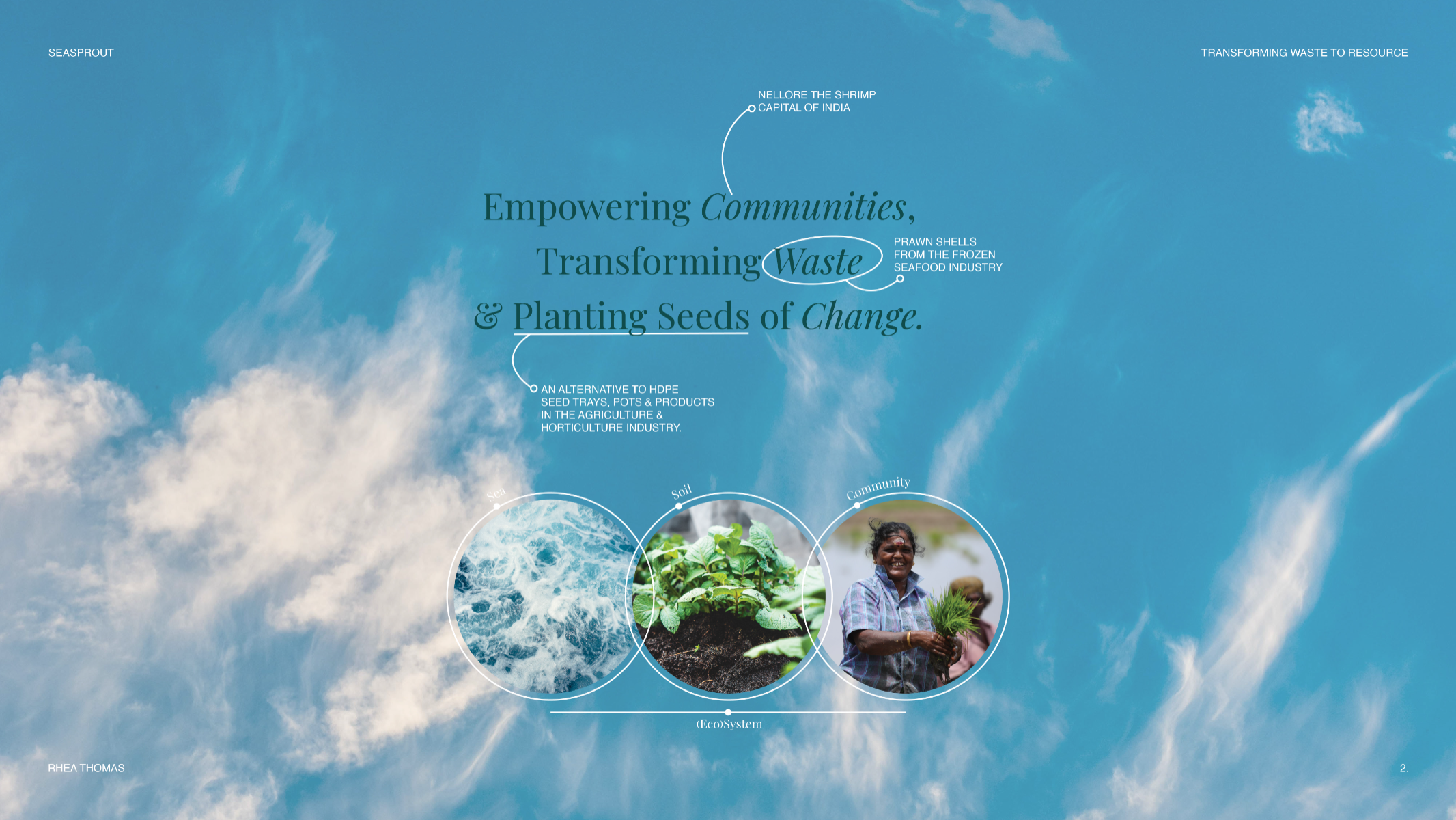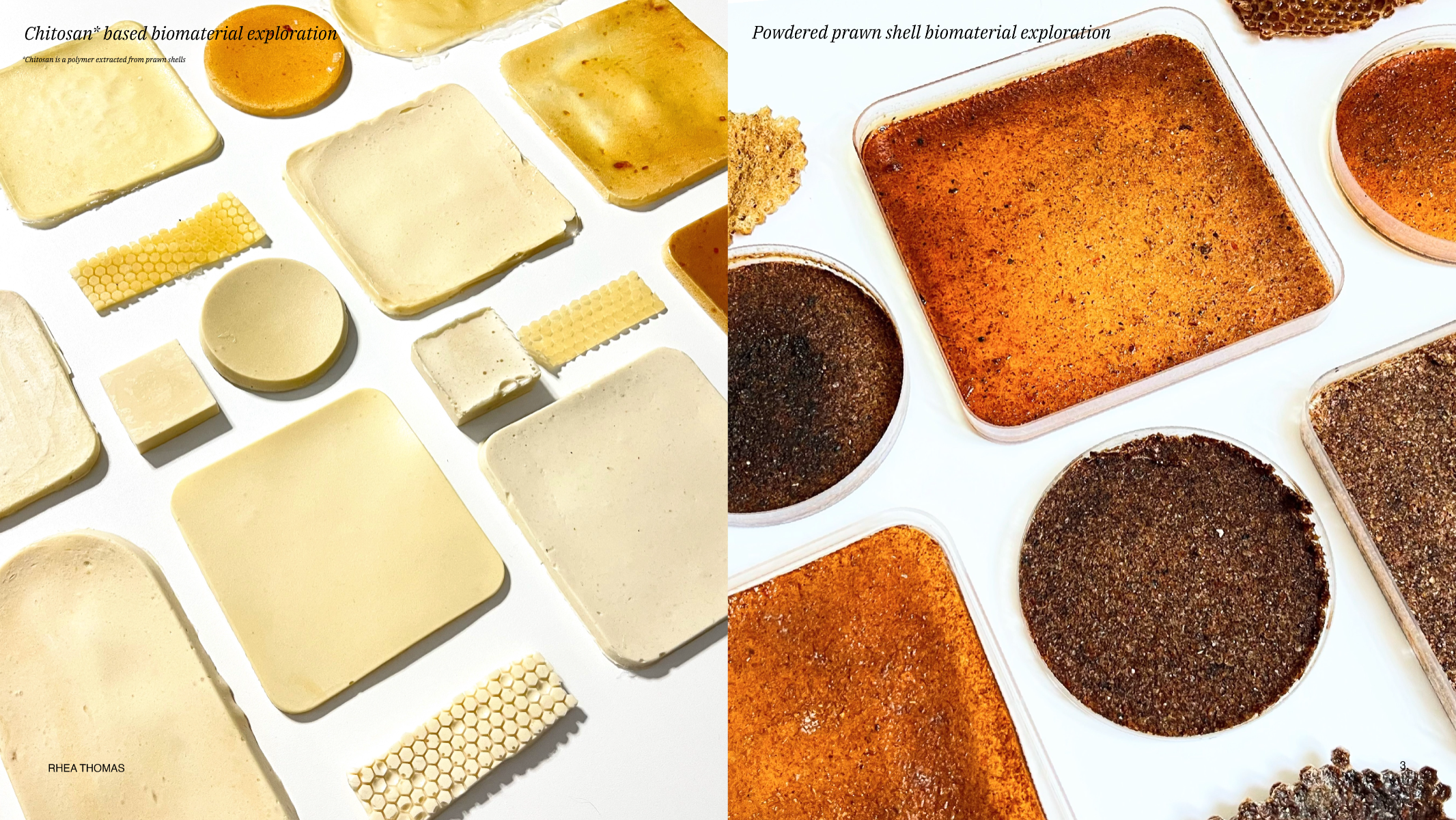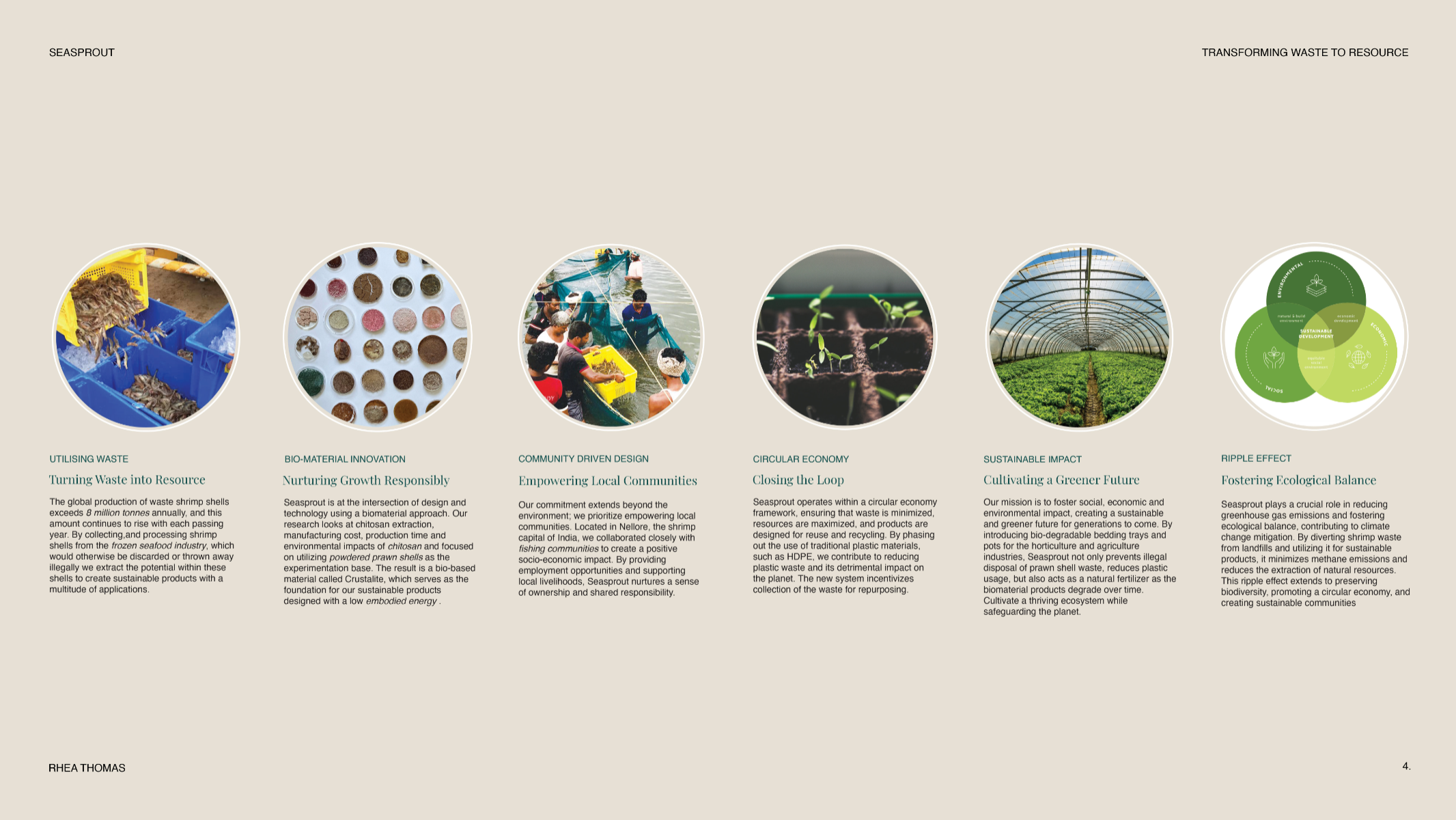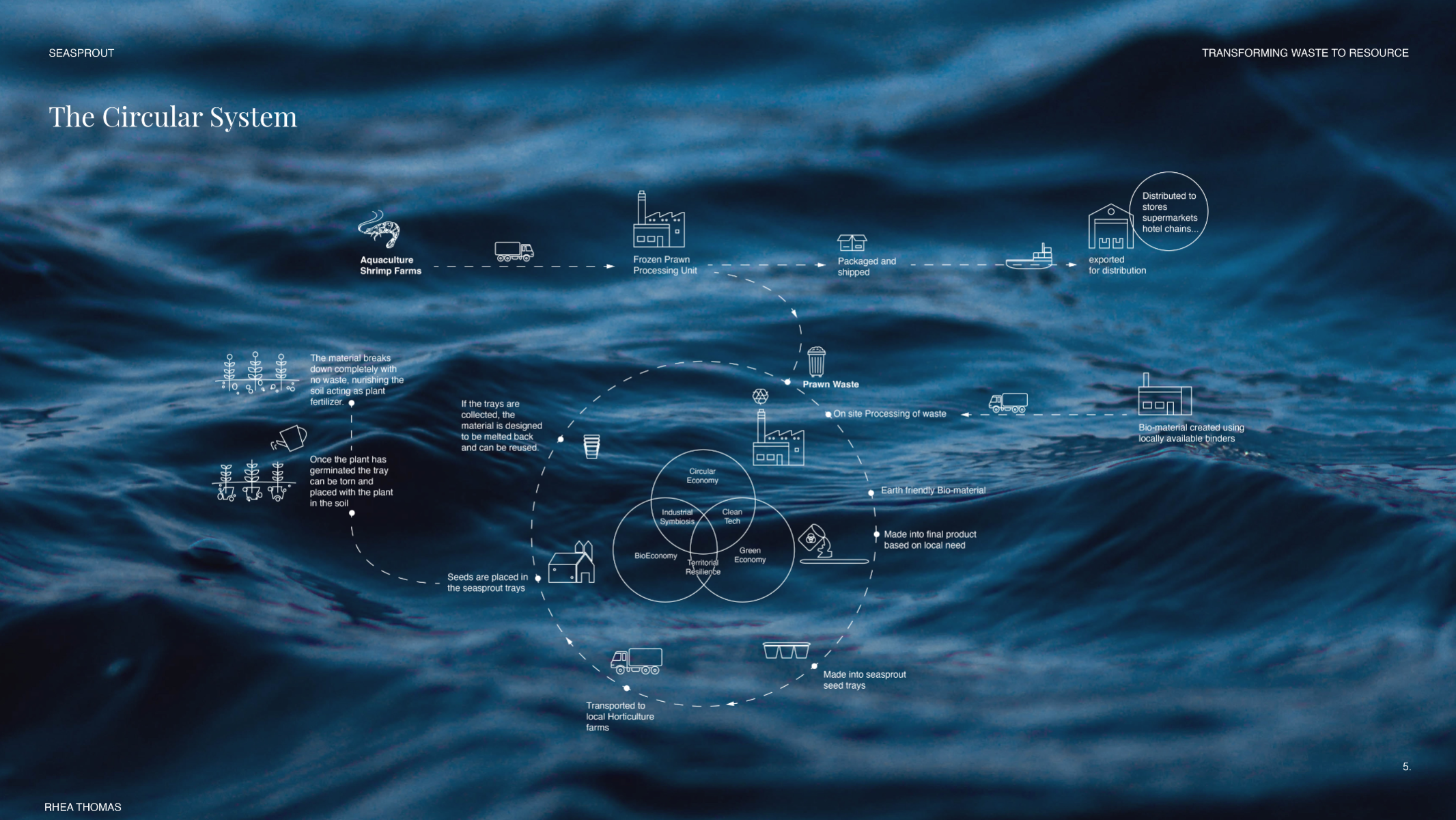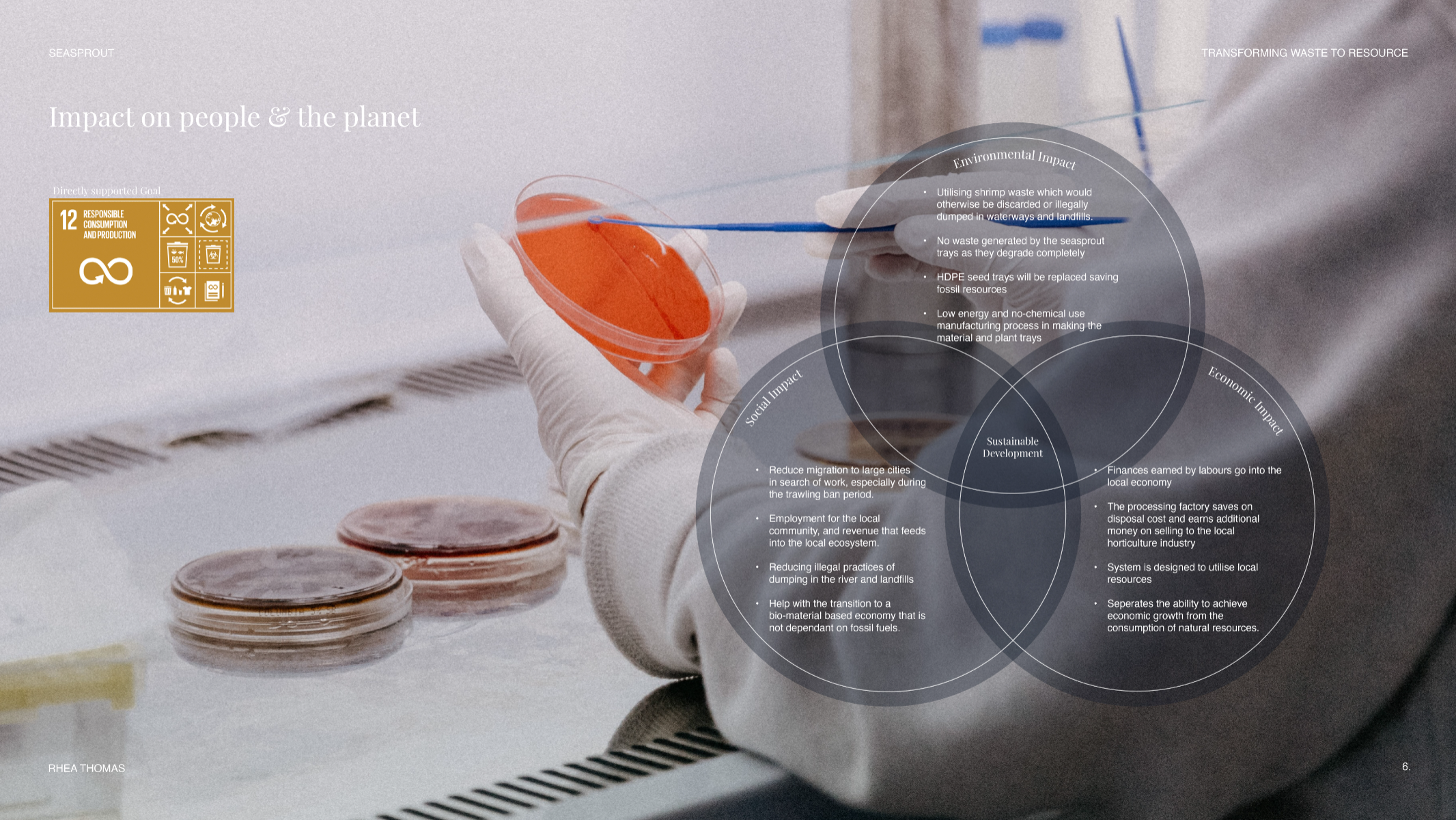Rhea Thomas
Global Innovation Design MA MSc
Royal College of Art
Specialisms: Design for Social Good / Sustainable Design / Industrial Design
Location: London, United Kingdom

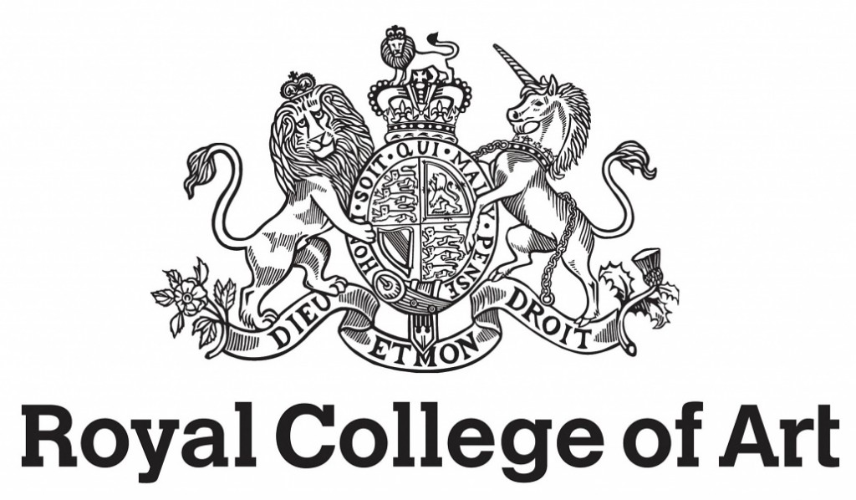
Rhea Thomas

First Name: Rhea
Last Name: Thomas
Specialisms: Design for Social Good / Sustainable Design / Industrial Design
Sectors:
My Location: London, United Kingdom
University / College: Royal College of Art
Course / Program Title: Global Innovation Design MA MSc
About
Rhea Thomas is a product designer and climate innovator passionate about tackling complex problems and creating holistic solutions that catalyse system-level change—merging design, technology, and behavioral sciences, rooted in a human and planet-centric approach.
She is an advocate for the United Nations Sustainable Development Goals (UN SDGs) and has been identified as a Goalkeeper by the Bill & Melinda Gates Foundation for her contribution towards the 2030 agenda. The UNHCR recognizes her as a Young Champion for her work with refugees.
In the UK alone, half a billion plastic bedding trays end up in landfills or incineration plants annually, exacerbating the plastic crisis. Meanwhile, over 8 million tonnes of prawn shells are discarded each year from the frozen seafood industry. Seasprout tackles these issues by converting waste shrimp shells into earth-friendly bio-materials and manufacturing bio-degradable bedding trays, bedding liners, and pots for the horticulture and agriculture industries using a bio-material design approach. Designed with a low embodied energy it's at the intersection of design, material science, and technology. Seasprout places a strong emphasis on empowering local fishing communities in Nellore, India, the shrimp capital of the country. By collaborating closely with this community, the project creates positive socio-economic impacts by providing employment opportunities and supporting local livelihood. Seasprout's core success lies in its circular economy framework, minimizing waste, maximizing resource efficiency, and designing products for reuse and recycling. By phasing out traditional plastic materials like HDPE, This new system incentivizes waste collection for repurposing, closing the loop, and transforming waste into valuable resources. Introducing bio-degradable bedding trays and pots prevents illegal disposal of prawn shells, reduces plastic usage, and acts as a natural fertilizer, enriching the soil and promoting plant growth. This sustainable impact extends to reducing greenhouse gas emissions, preserving biodiversity, fostering a circular economy, and empowering sustainable communities.
Competitions

